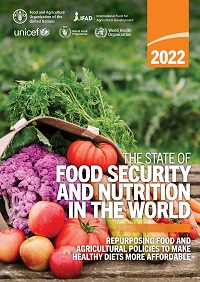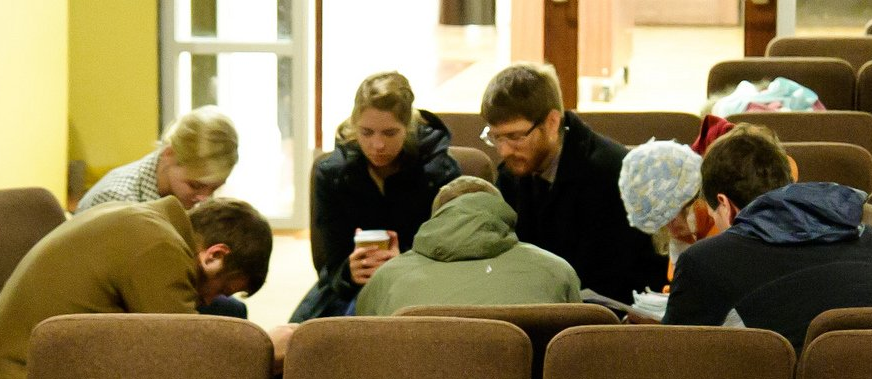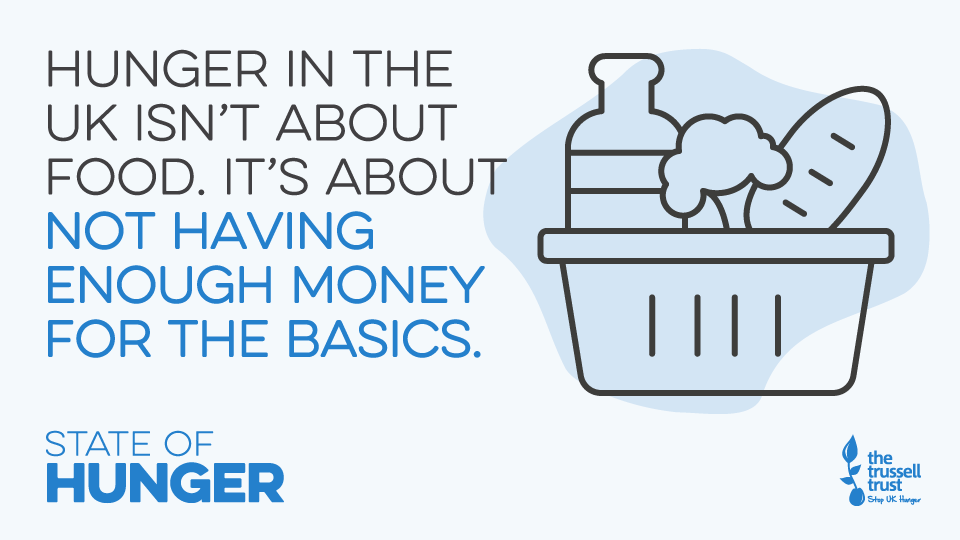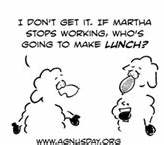Justice Matters: International report on food security and nutrition
This week we have seen an amazing human achievement with the first images
of the staggering James Webb telescope. As so often science is a response close to that of faith, to the wonder and mystery of the Universe.
Yet last week we also saw the depth of our world-wide failures arising from the ways people misuse, not delight, in Creation. Last week’s report from the Environment Agency
speaks of the need to work with nature to halt the decline in England’s biodiversity. An international report
addresses the “agrifood system” – the consequences of how world-wide, we produce and use food with vast numbers in hunger. This is the focus below.
See
“The State of Food Security and Nutrition in the World is an annual flagship report jointly prepared by [major international agencies] FAO, IFAD, UNICEF, WFP
and WHO
to inform on progress towards ending hunger, achieving food security and improving nutrition and to provide in depth analysis on key challenges for achieving this goal.”
“This year’s report
should dispel any lingering doubts that the world is moving backwards in its efforts to end hunger, food insecurity and malnutrition in all its forms.”
“Between 702 and 828 million people were affected by hunger in 2021.”
“Around 2.3 billion people in the world were moderately or severely food insecure in 2021, and 11.7 percent of the global population faced food insecurity at severe levels.”
(For definitions of food insecurity see https://www.fao.org/hunger/en/)
“Globally in 2020, an estimated 22 percent of children under five years of age were stunted, 6.7 percent were wasted, and 5.7 percent were overweight.”
Reflect
Our own experience is that UK governments have been unable – or unwilling, given the increasing wealth gap - to protect even our own populations from food insecurity, as the reliance on food banks demonstrates.
Last week Tricia explored how both charity and work for justice are needed. “Charity” shares gifts to meet the immediate needs of others, as with a food bank; work for justice solves why such needs arise.
Surely among Spirit-inspired international initiatives for justice are the Millennium Development Goals (MDG), and then the Sustainable Development Goals. The MDGs shaped policies that reduced numbers in extreme poverty by half from 2000 to 2010. The follow-on SDGs seek to "End hunger, achieve food security and improved nutrition and promote sustainable agriculture" by 2030. Both are explained here.
Last week we also considered the Good Samaritan – in a world where ecological damage and economic mismanagement have impact all around the world, everyone is our neighbour.
Act
The introduction
to the report says “A key recommendation is that governments must start rethinking how they can reallocate their existing public budgets to make them more cost-effective and efficient in reducing the cost of nutritious foods and increasing the availability and affordability of healthy diets, sustainably and leaving no one behind. Lastly, the report takes a close look at the complementing policies, within and outside agrifood systems, that are important to support repurposing efforts and at the political economy factors and dynamics that hamper or facilitate repurposing efforts.”
How does this resonate with the current priorities of would-be prime ministers?
The FAO invites us to action, here.
Last week we met the circular economy; this week you are invited to explore “doughnut economics” with Kate Raworth - how we meet the needs of all within the means of the planet.
Mike Mineter



















